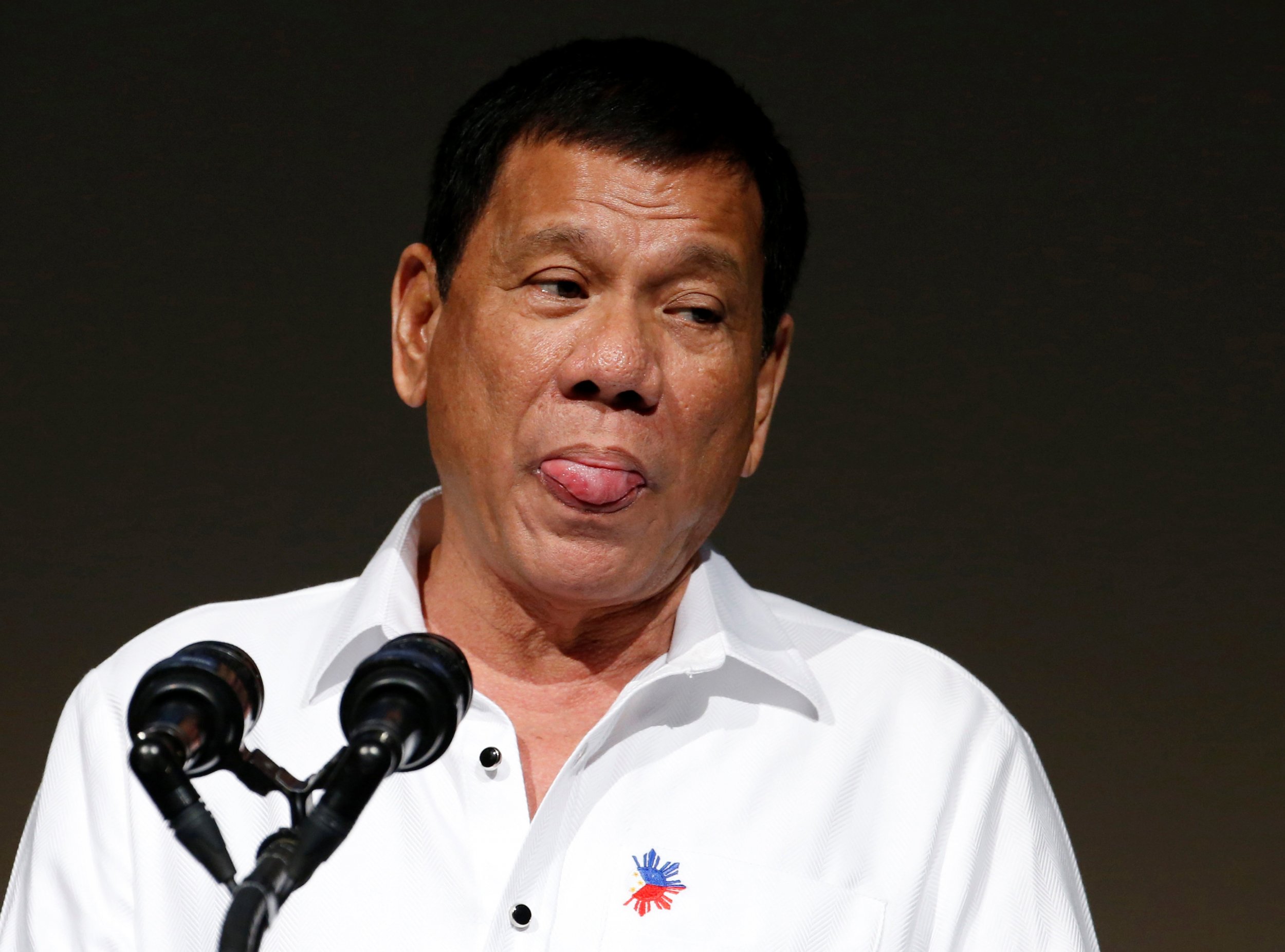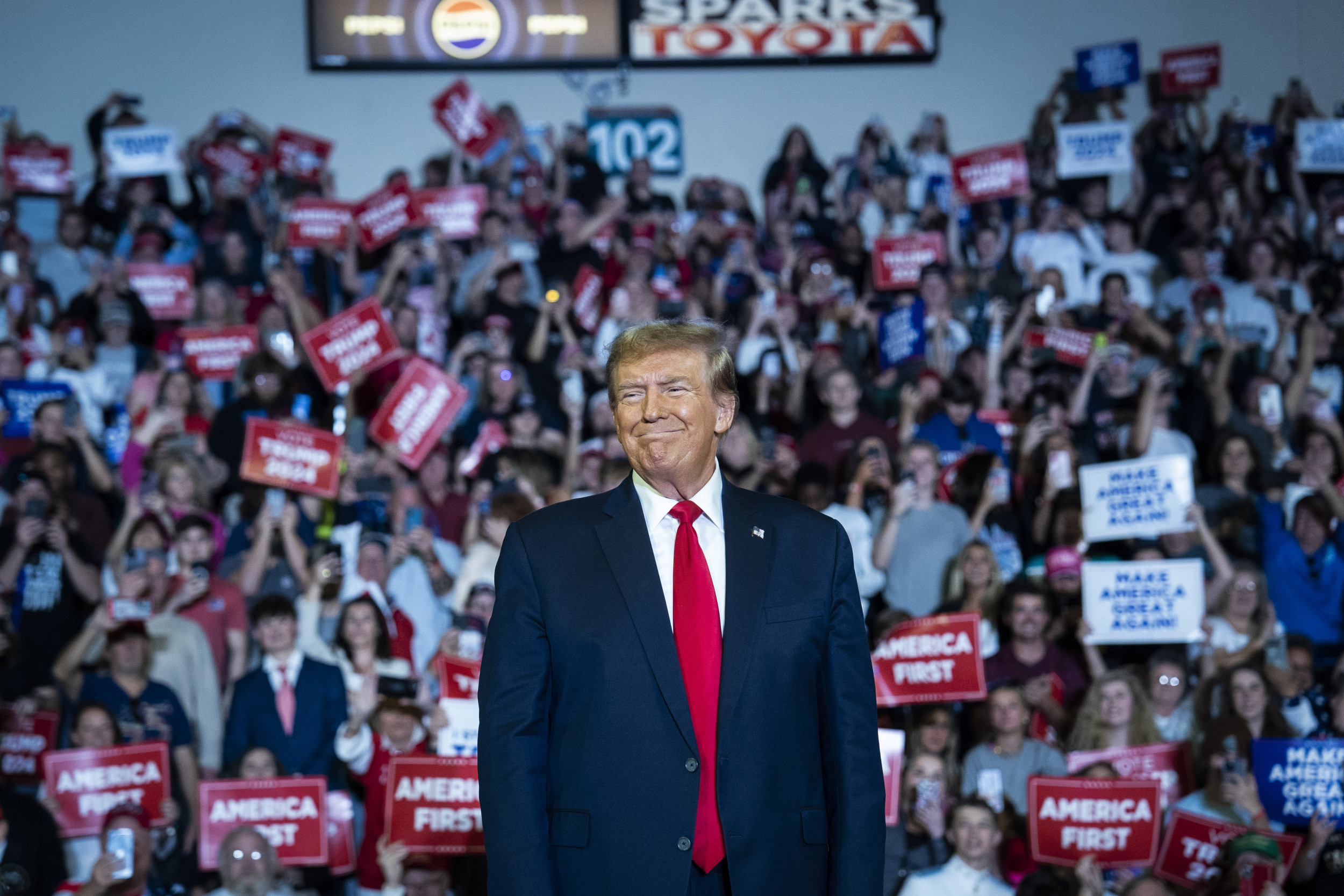
This article first appeared on the American Enterprise Institute site.
"In this venue, your honors, in this venue, I announce my separation from the United States." —President of the Philippines Rodrigo Duterte
Troubling words from the president of America's oldest treaty ally in Asia, especially when that venue is Beijing's Great Hall of the People. Rodrigo Duterte continued, "Both in military, not maybe social, but economics also. America has lost."
And yet despite this diplomatic slap in the face, it is not (yet) time for Washington to panic. As has become obvious since his election, Duterte has a personal animus toward the United States and, despite his bluster, a thin skin. (Remind you of anybody?)
Duterte, however, is also a shrewd politician—during his visit to Beijing, and in the days and weeks prior, he has told his audience exactly what they wanted to hear. He will return to Manila with $13.5 billion in new deals and an agreement to pursue coast guard and fisheries cooperation, which could open the door to Philippine fishermen's access to waters around Scarborough Shoal.
Ahead of his trip to China, Duterte made unilateral concessions to Beijing on the U.S.-Philippine alliance by announcing an end to joint patrols in the South China Sea and to joint exercises.
But although the Philippine president had previously suggested he might end the Enhanced Defense Cooperation Agreement, which grants U.S. forces access to a number of bases in the Philippines, that deal still holds. Duterte is unlikely to easily trade away one of his biggest pieces of leverage.
What's more, the Department of Foreign Affairs, Department of National Defense and the Armed Forces of the Philippines all remain very much oriented toward the United States, regardless of Duterte's announced "separation." Yes, they are taking their marching orders from the president and are in the midst of conducting a review of the alliance, but support for the alliance within the security establishment is not in doubt.
Given this, and given the public's overwhelmingly positive views of the United States (and negative views of China), Duterte may be somewhat constrained in just how far he can push a rapprochement with Beijing that comes at the expense of the U.S. alliance.
The best course forward for the United States is to keep calm and carry on, remaining the dependable, consistent ally it has long been (including in recent months) and preparing to take advantage of any Chinese missteps.
Michael Mazza is a research fellow in foreign and defense policy studies at the American Enterprise Institute.
Uncommon Knowledge
Newsweek is committed to challenging conventional wisdom and finding connections in the search for common ground.
Newsweek is committed to challenging conventional wisdom and finding connections in the search for common ground.
About the writer
To read how Newsweek uses AI as a newsroom tool, Click here.








